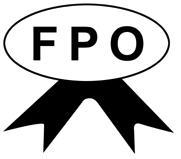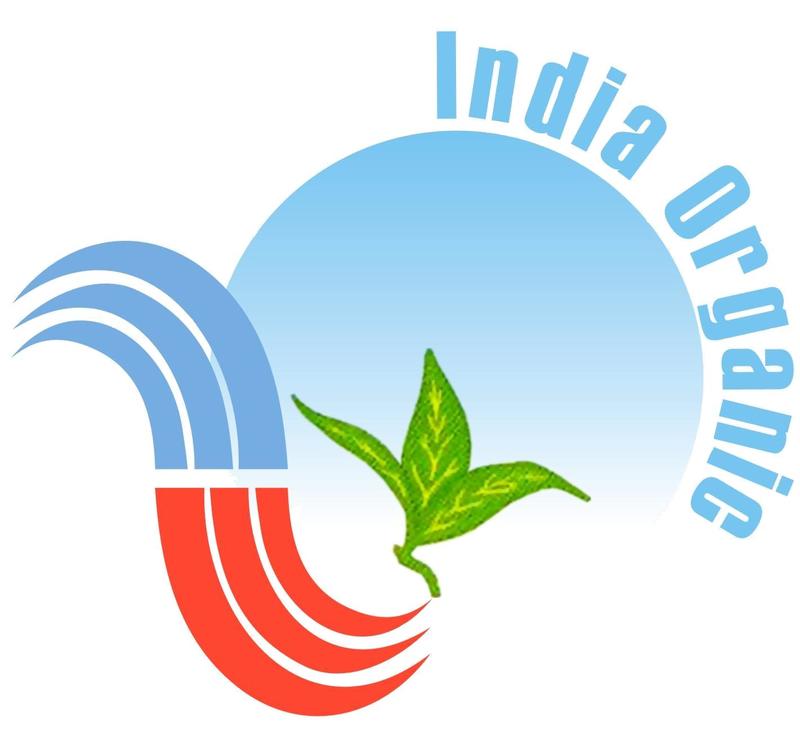Certification Mark Application in India: Trademark Perspective
November 14, 2018 by Archi Bhatia
A certification mark is known to protect the unique origin, feature or quality of the product rather than its commercial or business image. They have specific registration requirement which is not similar to a trademark. Trademark and certification mark are two different concepts that are recognised by trademark law.
Both trademark and certification mark are fundamentally protected under the Trademarks Act but they both represented as something that is essentially different.
Certification is provided to show compliance with defined standard whereas, trademark distinguishes products and services by showing their source or commercial origin.
Example
When a consumer buys a can of soft drink they mainly recognise them through their trademark i.e. either Pepsi or Coca-Cola
The can also contains a certification mark such a FPO, this represents the quality compliance of the product
What is a certification mark?
Certification marks notify consumers that the goods or services they are going to use:
Possess certain characteristics or meets specific qualifications of standards.
A certification mark can be any word, name, symbol, device, or combination which can be used with the owner’s permission. The owner of the mark usually is a accrediting body, which allows the use of the mark to someone once the authenticity to their commercial goods or services have been verified.
The certification mark characterises along with examples
- Geographical authenticity: India Organic
- Mode of manufacture: Cleaniless and safety in food packaging
- Quality: BIS Mark for gold jewellery
- Accuracy: ISI for manufactured industrial products
Function Of Certification Mark
A certification Mark acts as:
- Product certification agreement between the manufacturer and the association which acts as a national accreditation body for both testing and certification.
- Legal evidence that the product is successfully tested and is in accordance with the nationally attributed standard;
- A legal assurance that the ascribed certification organization has made sure that the product is successfully tested and are identical to what will be sold to the consumers.
- The legal assertion that the manufacturer is regularly audited by the certification authority to make sure for the maintenance of the original process.
Registration Of Certification Mark in India
Application for Certification Mark registration is made in an identical manner as that for other trademark application. IP India website has provided a different link for filing certification mark. Application for the certification can be made in single or multiple class.
The form for Certification Mark must be submitted along with documents relating to regulations governing the certification mark. The documents must specify the following:
- Description of the Applicant
- Applicants' proficiency in administering the certification scheme;
- The character of the Applicant's business;
- Particulars of infrastructure like research and development, technical support
- An undertaking from the applicant that they will not discriminate between any party if they meet the requirement that is set down in the regulations;
- The characteristics of the certification mark which will be indicated by the certified goods
- The method of monitoring the use of the Certification mark;
- The type of products to be certified by the certification mark.
- The way in which these mark will be supervised through certifying tests and standards
- Procedures the applicant will adapt to solve the disputes
Apart from the above documents the person will have to submit the statement supporting the application and any other document that the registrar of the trademark thinks fit.
Control Over Certification Mark
Certification Marks are regulated through state and central bodies of the country. The regulatory body lay down rules and criteria for products and services that have to be accredited with the certification.
Regulation Controlling Certification Mark Standard
-
Section 2(1)(e) of the trademark act defines certification mark and logo and name registration for the same can be done
-
The certification Mark is controlled by two bodies that are Trademark act and the central government.
Examples of State Enforced Certification Mark
1.BIS Hallmark

The mark is used to judge the purity of the gold ornaments, and different numbers are provided to the jewellery based on the quality of the jewellery.
2. ISI Mark

ISI Mark is a type of certification mark that is used for industrial products in India. The mark certifies that a product conforms to the Indian Standards that are set by the Bureau of Indian Standards.
3. FPO Mark

FPO mark proves that the product that has been manufactured, has been produced in a food safe and clean environment and is not harmful to people's health. This mark is applicable to food such as packaged, fruit-jams, fruit beverages, crushes, squashes and fruits extracts.
This mark mandatory for all the "processed fruit products" in India and is used for determining the food safety and standard from the year 2006.
4. India Organic

This certification is provided to the farmed products in India. The mark certifies that the food product conforms to the national standard of the organic products.